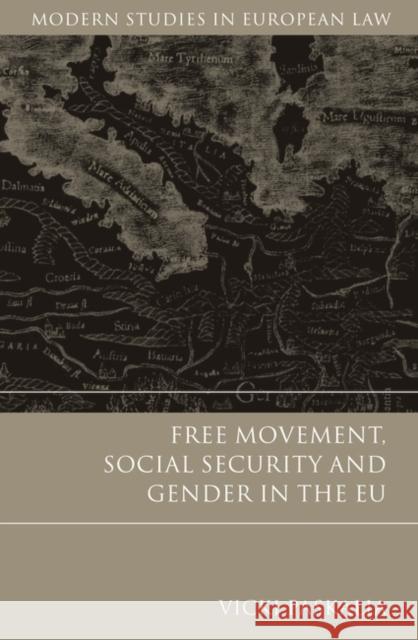Free Movement, Social Security and Gender in the Eu » książka
Free Movement, Social Security and Gender in the Eu
ISBN-13: 9781841136226 / Angielski / Twarda / 2007 / 366 str.
This work examines the system of co-ordination of national social security laws in the European Union from a gender perspective. The central concern is the level of social security protection for women moving throughout the EU in the case of work interruption or marriage dissolution. The social security protection of women has traditionally been based on two criteria, namely economic activity and family/marriage. Work interruptions, in particular for child-rearing, challenge the invocation of economic activity as an effective basis for social security rights. Changed social and family conditions - including the emergence of atypical relationships and the increase in divorce rates - challenge the criterion of family/marriage. Efforts have been made within the framework of the national systems of the Member States to address these challenges. How successful has the European system of co-ordination been - with the aim of providing a sufficient level of protection to migrant workers and their families - in addressing these challenges? The book contains a comprehensive discussion of the phenomenon and legal institution of social security, as well as a thorough analysis of the current state of EC law concerning co-ordination, with a particular focus on gender.











